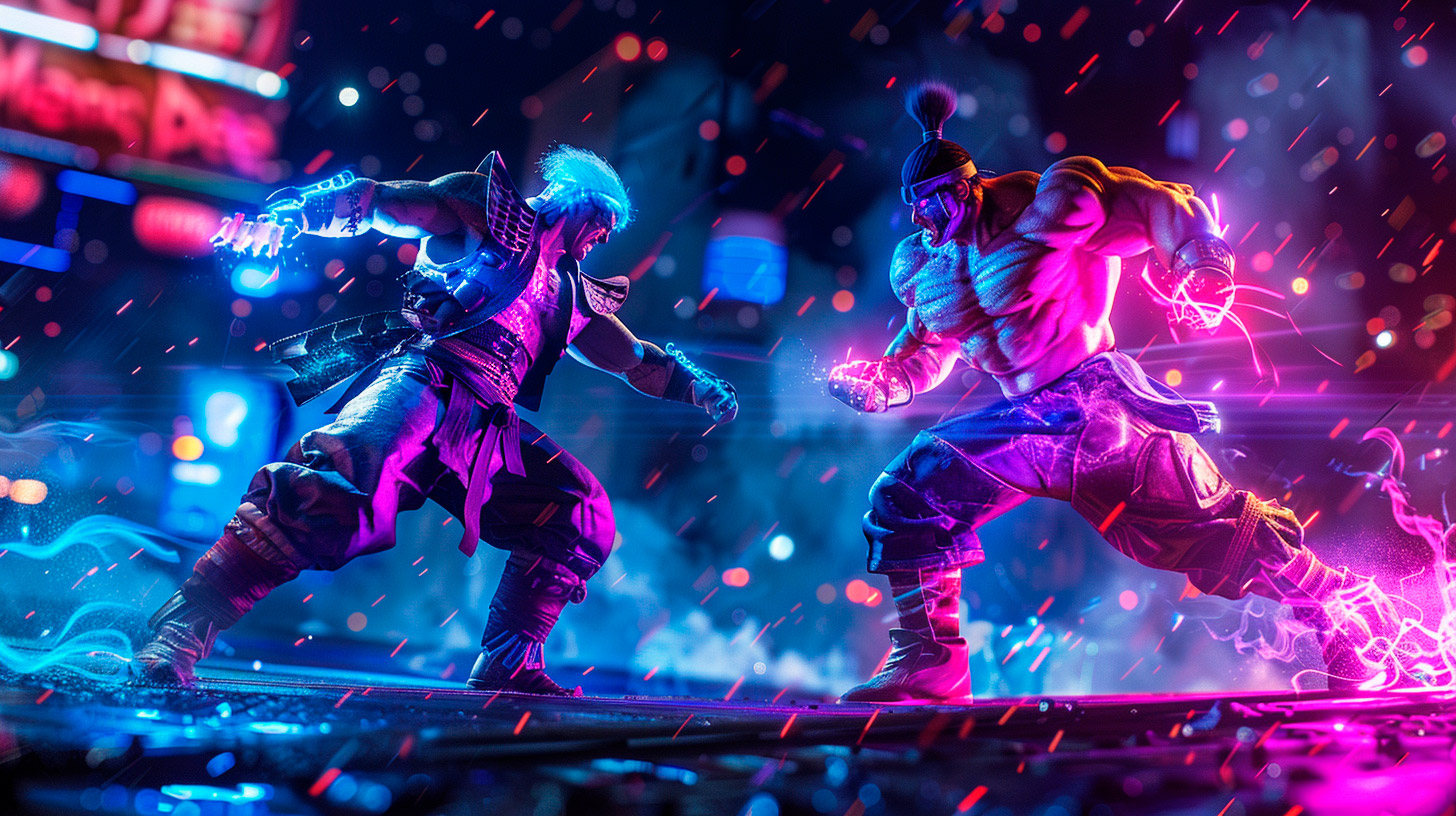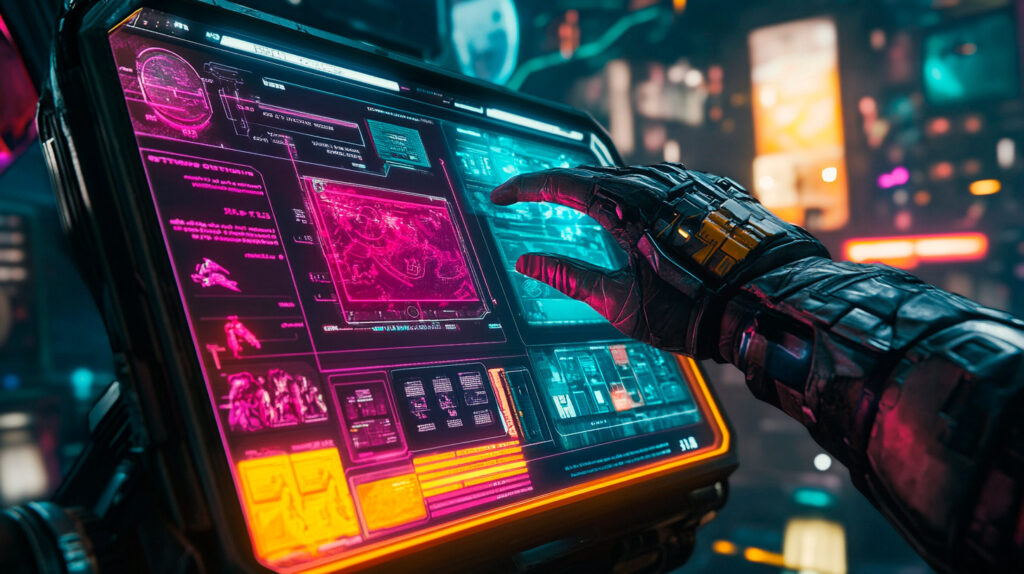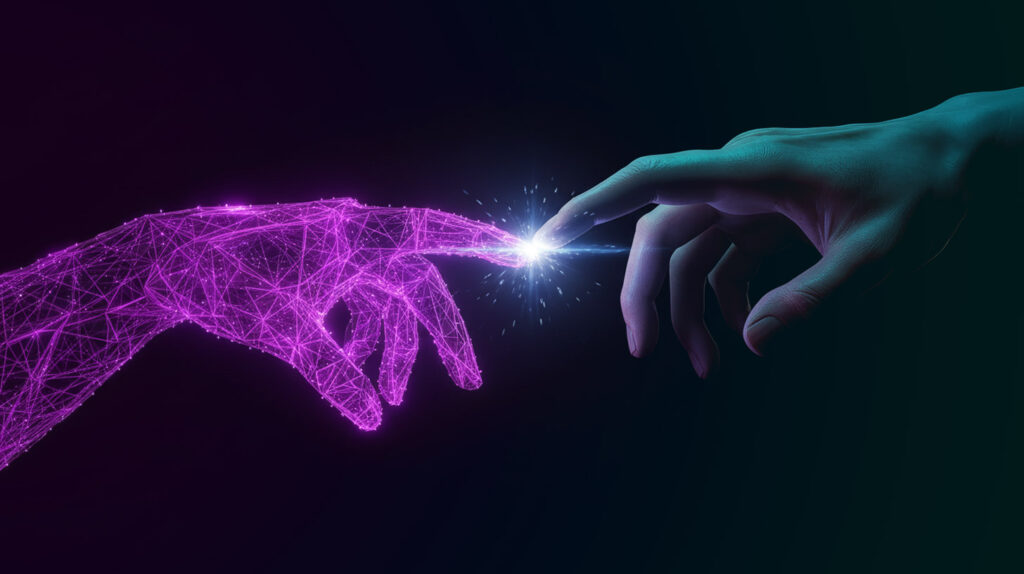The eSports world is moving into a new era with the rise of blockchain. It’s a decentralized economy that empowers both players and developers, unlocking opportunities that were once unimaginable. The combination of eSports and blockchain represents an emerging revolution, a market still largely untapped, with enormous potential to turn players into owners, developers into decentralized ecosystems, and fans into passionate investors.
Players as True Owners of Their Assets
Blockchain makes it possible for digital items, such as skins, gear, and trophies, to be registered as unique tokens (NFTs). This means:
• Real ownership: players actually own their assets and can sell, trade, or rent them freely in open markets.
• A thriving secondary economy: item transactions bring dynamism and ongoing value creation.
• Security and authenticity: immutable records help prevent fraud and duplication.
This transfer of control is not just functional, it’s cultural. Players are no longer just consumers, they become integral parts of the ecosystem.
New Revenue Streams for Developers
For developers and studios, blockchain opens the door to innovative monetization models:
• Royalties on secondary sales: every item sold on-chain can generate automatic royalties via smart contracts.
• Tokenized teams and tournaments: fans can purchase tokens that represent a team or event, sharing in revenue and strengthening the community bond.
• Transparent prize distribution: rewards are delivered instantly and securely, without intermediaries.
More revenue, lower costs, and a transparent economy lay the foundation for sustainable in-game monetization.
Enhanced Engagement and Experience Through Blockchain
Integrating blockchain into eSports unlocks new dimensions of experience and trust:
• Trackable rewards: clear visibility into prize pools, ranking systems, and distribution metrics.
• Fans as investors: team or community tokens create deeper emotional connection and shared revenue opportunities.
• Trust and integrity: blockchain helps prevent cheating, match manipulation, and exploits.
Market Outlook: A Massive Opportunity Ahead
The intersection of eSports, gaming, and blockchain is forecasted to grow significantly in the coming years:
• The blockchain gaming market is expected to reach $165 billion by 2030, with a compound annual growth rate exceeding 70%.
• eSports already generates over $1.5 billion in global annual revenue.
• In Q1 2023 alone, more than $2.5 billion was invested in blockchain-based gaming projects.
Benefits and Challenges
Key benefits:
• True digital ownership and freedom to trade.
• New and sustainable revenue models for all participants.
• More immersive, rewarding, and transparent player experiences.
Main challenges:
• Token volatility and speculative risks.
• Network congestion and gas fees in major blockchain ecosystems.
• The need for user-friendly interfaces and seamless onboarding.
The Future of Gaming
The integration of eSports and blockchain is not just a technological evolution, it’s the foundation of a new economic and cultural model within competitive gaming.
Instead of being confined to centralized platforms, players now have a path to true ownership. They can participate in game economies and be rewarded for their engagement. Developers gain access to scalable revenue streams that extend beyond traditional monetization.
This is a market with the potential to reshape the dynamics between players, developers, and communities. It’s a space where performance aligns with ownership, innovation fuels collaboration, and competition connects with culture.
The games of the future won’t just be more immersive or more competitive, they’ll be more equitable, more collaborative, and more alive. And blockchain is already paving the way.


